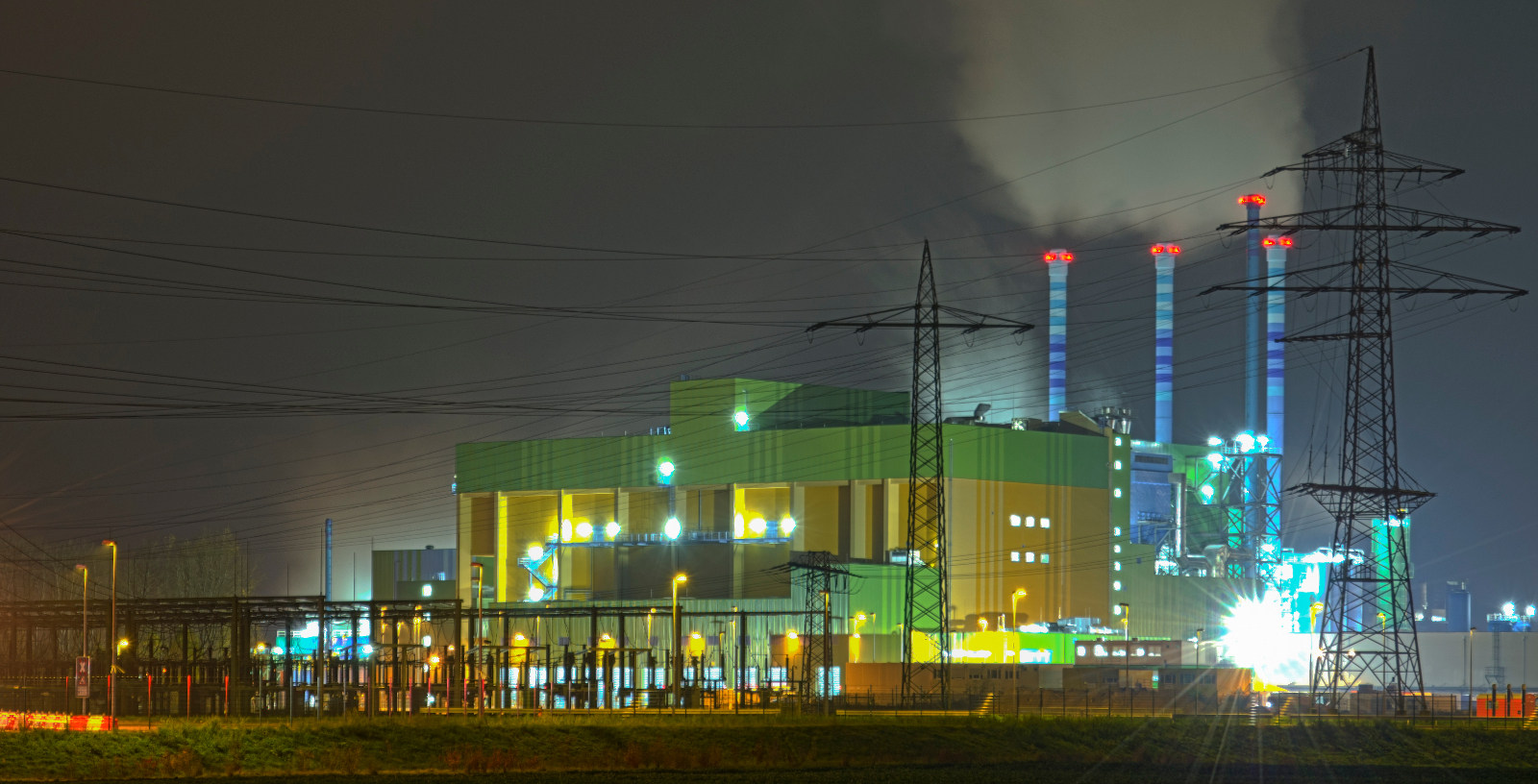Energy recovery from Bogotá’s municipal waste
Colombia
The Mayor’s Office of Bogotá has set itself the objective of reducing the environmental impact of the current Municipal Waste Management produced in the City of Bogotá (Colombia). With a population of over 8 million inhabitants, the urban waste generated (> 6,500 t/day) is deposited in the landfill of Doña Juana (the 5th largest in the world) that is reaching its maximum capacity.
In this context, the Public Energy Company of Bogotá (EEB) has contracted IDOM to prepare a Feasibility Study that analyzes the option of installing one or more Waste to Energy Plants (generation of electric energy from solid municipal waste) and thus reduce the volume deposited in landfill. The scope of work includes the following:
- Pre-feasibility study
- Feasibility study
- FEED (Front End Engineering Design)
Within the framework of these services, IDOM has carried out a series of previous studies:
- Analysis of the regulatory framework
- Waste characterization
- Selection of possible locations
- Benchmarking of available technologies
This work has served as input for a detailed Technological and economic-financial Feasibility Study, which has positively assessed the implementation of a Waste to Energy Recovery Plant in the city.
Strategy : Waste & Resource Management
Electricity generation from the MSW of the more than 8 MM inhabitants of Bogotá, as an alternative to the 5th largest landfill in the world (Doña Juana).CLIENT:
Bogota Energy Company (EEB)
SCOPE:
Basic Engineering (FEED)
Environmental Consulting
Feasibility study









